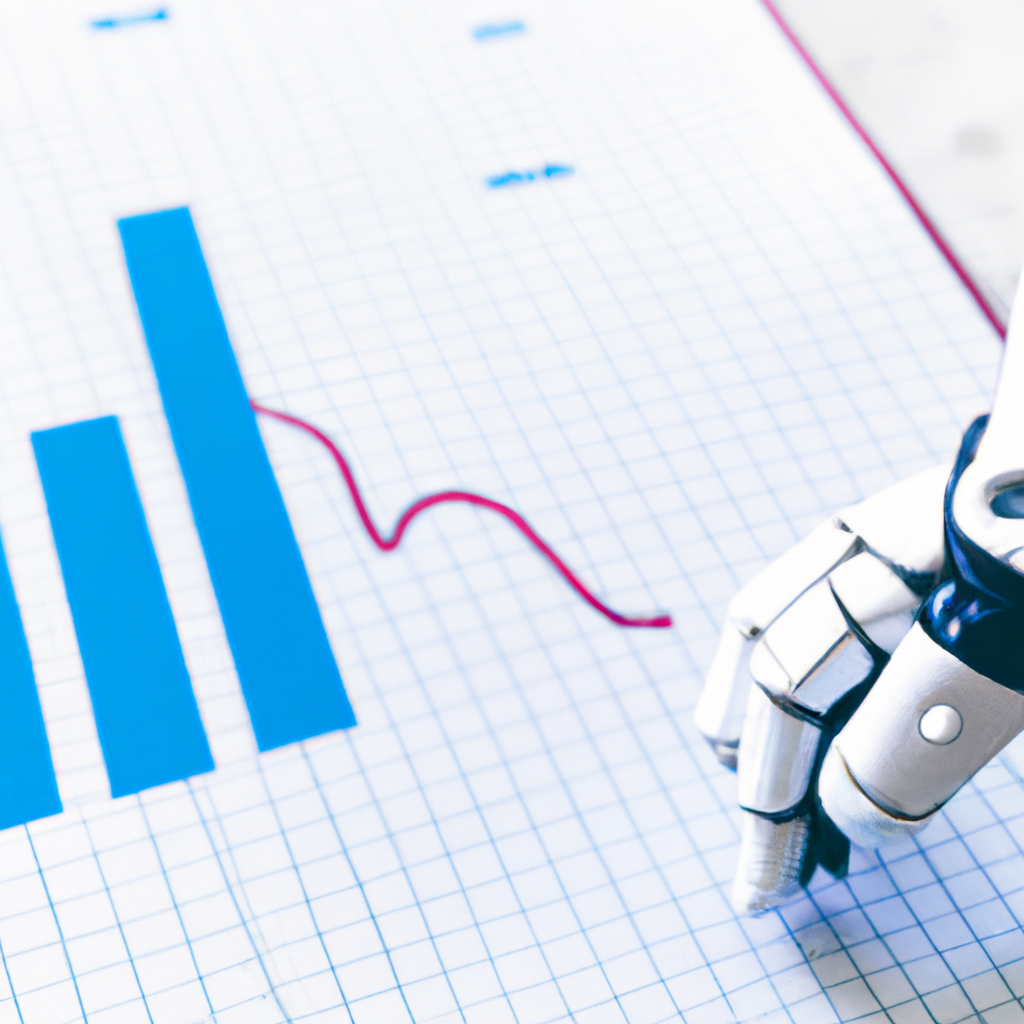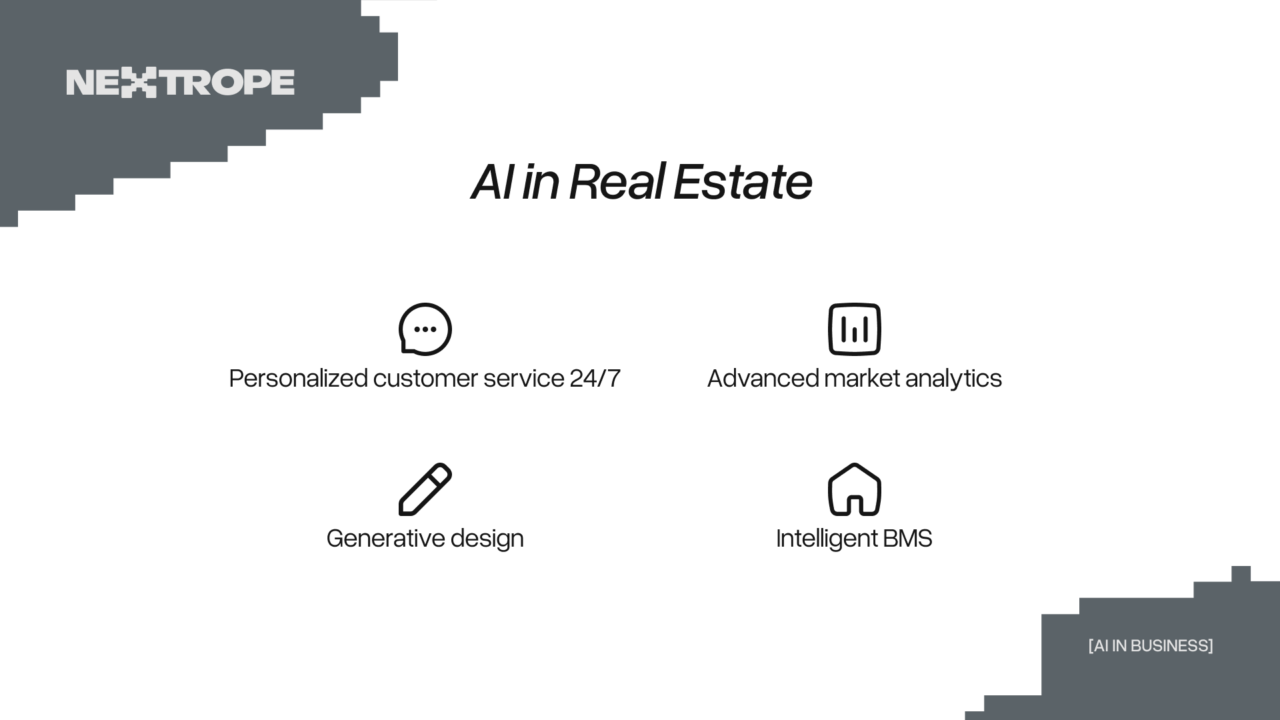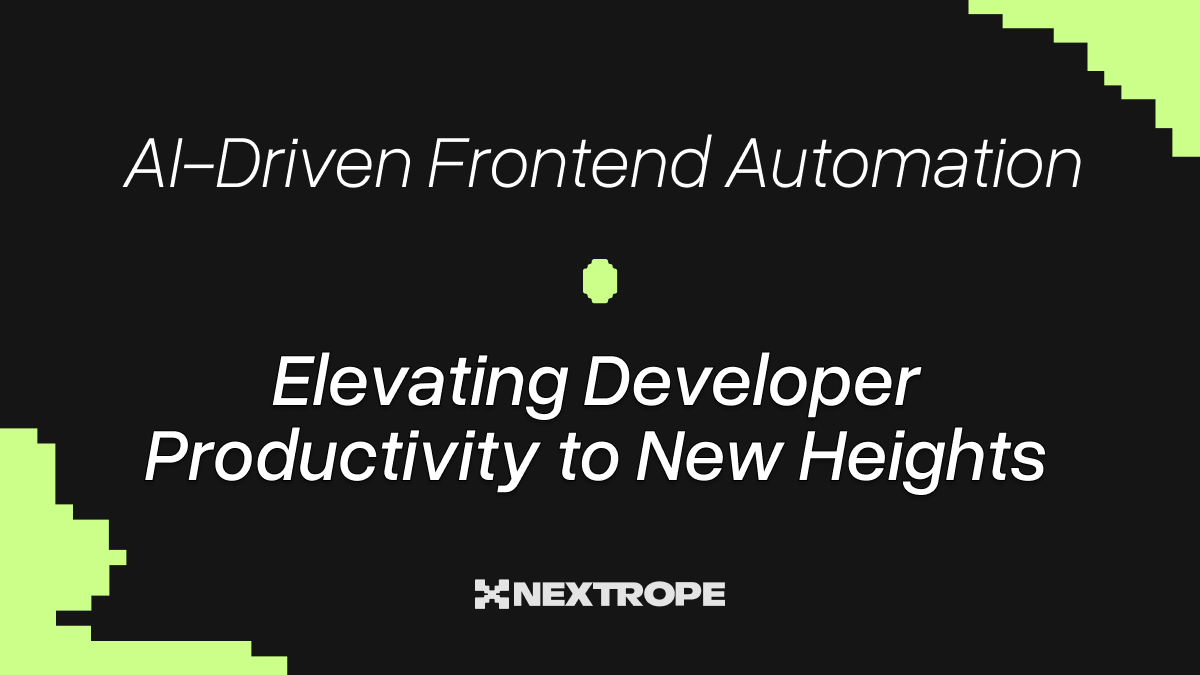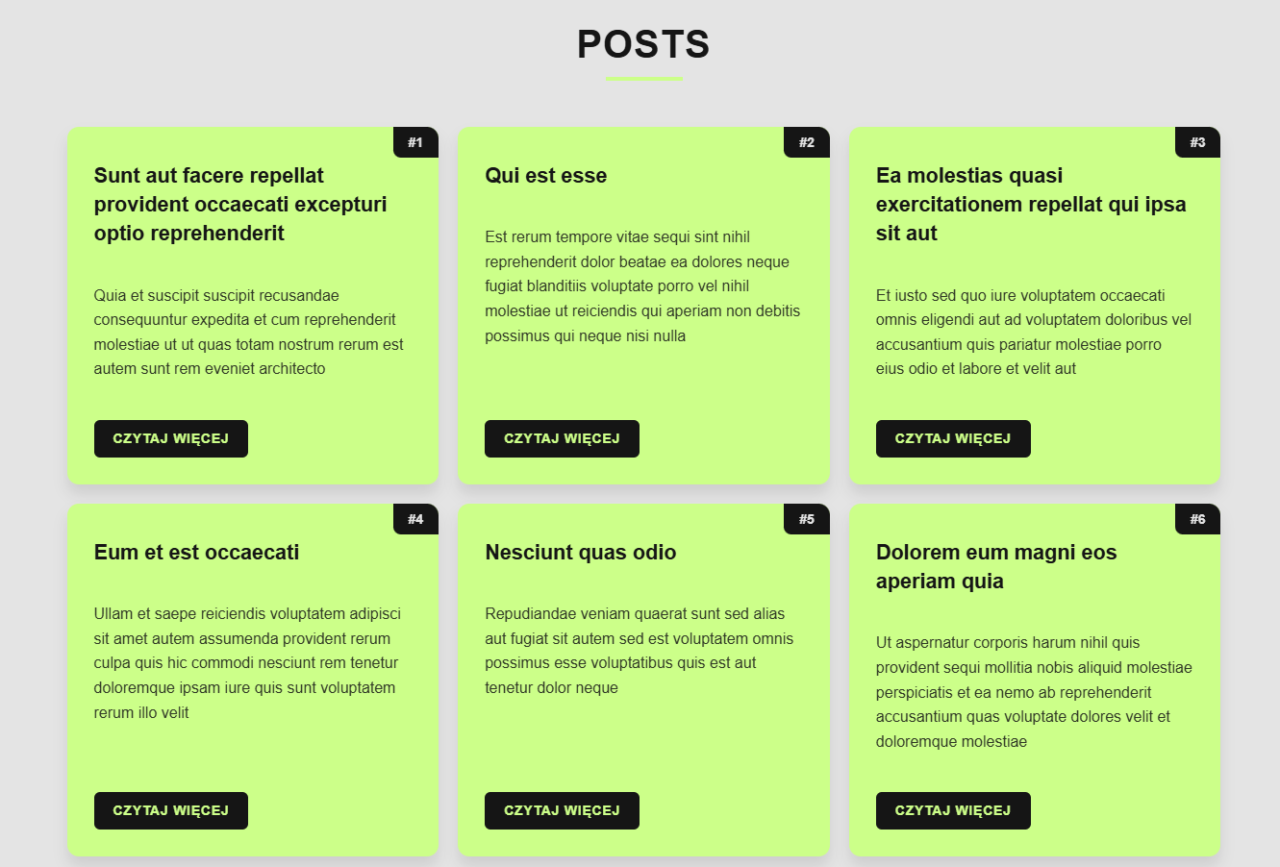Introduction
When you will find yourself in a hospital, the method at which your data is processed is the last thing you will be probably thinking about. However, it may be the key to your successful recovery. Why would the form of storing the data be so important and why does the blockchain seem to be the most optimal solution in this case? In this article we will dive into the topic of blockchain and healthcare, explain why is it important as well as show a real use case.
Why blockchain and healthcare?
The medical sciences are based on sheer facts and is fully dependent on them because their validity is a difference between the life and death of patients. The new medicine brought to the pharmacies, newly researched healing method or the project of a new tool wouldn’t be possible without a thorough analysis of hundreds of terabytes of data. We probably do not have to explain why is an accurate analysis of patients health and the information processed by the healthcare so necessary. The need to create and maintain massive databases with reliable and accessible information appears to maintain the proper flow of information between the experts and hospitals.
The key features of the usage of blockchain is the ability to protect the reliability of the data stored in its systems and to ease the flow of information between its systems. Thanks to that we reduce the human error margin and the risk of the loss or theft of data. This is why blockchain can prove to be revolutionary when it comes to aggregating data in the healthcare.
Blockchain in the medical e-documentation
In the last decades the need for the digitalization of medical documentation has increased significantly and has been requested by both doctors and patients around the world. Such a way of storage of data about the patients’ health, his medical referrals or the results of his testing makes them more accessible and eases the procedures that use them. After all the patient confronts many types of specialists on his road to health so any situation where the medical history is inaccessible seems absurd.
Perhaps the main disadvantage of modern registries is the fact that they are scattered in between many facilities. The patients very often are forced to use many different medical services because of their life situations. Because of that, the data about their previous treatments is often lost or inaccessible. In Poland for example, many patients use both the private and the national healthcare which makes it difficult to control which of the EDM (electronic medical documentation system) systems would be used to allow the information to flow and so some doctors have difficulties with accessibility of data from his peers. Because the private medical facilities decide which EDM system they shall use independently, the communication between the different systems is usually lost. This translates into the lowered quality of decisions undertaken in reference to treatment and makes it difficult for the patient to access the documentation. Additionally when EDM is applied the data is often threatened by the audit, provenience and the loss of control.
Blockchain as a Solution
Solutions based on blockchain could potentially become a base for answering those issues. For example, MedRec system, tested by the Beth Israel Deaconess Medical Center uses the advantages shown by the blockchain to provide the users with confidentiality, integrity and an ability to easily verify data. Such a decentralised system of data gives its users an unchangeable medical documentation and allows for ease in accessing it in many situations.
An important trait of MedRec is the ability to let the patient be responsible for his own data. The system only holds a hash of the record of the medical documentation and informs the patient where the record should be held at. The hash allows for the record to be unchangeable and the users interface makes it sure that the medical documentation is consistent in between the medical facilities. This allows the record to be available for both the private and the national medical institutions as it is stored independently from them and is not limited to either.
A common trait between the blockchain based solutions like MedRec is the ability to exchange the medical data while there is a simultaneous confidentiality of the personal data. The first country which has discovered the potential behind this technology seems to be Estonia, where there was a first proposition of using the blockchain to maintain the EDM system.
Where shall we use the blockchain in the future?
In recent years, neurology of technological solutions had its fair deal of advancements. It has excited people around the world and left them hungering for more. Its no surprise since the modern times strive towards less and less mechanical interaction with the infrastructure and the ability to control the facilities with the power of our own mind. Such neurological devices can interpret the patterns of brains activity and translate them into actual commands towards the external devices and interpret the psychological status of a person. However, in order to make such solutions work we would need to digitalise the brain. Once again, blockchain can prove to become an indispensable tool to assist us in achieving that.
One of suggestions for such an implementation is storing the “thought files”, which would work like the compound elements of data of chains of personal thoughts which can be shared inside of a peer-to-peer system. This kind of blockchain thinking is proposed as a calculation system of processing the entering data with several functions that give the AI chance to integrate with the human brain.
Multicomponent verification which connects to the personal chain of thoughts as a blockchain implementation can allow a safe cryptography of creation of joint numerical data for people. Such joint data reduce the number of silos of human data which also allows every human to keep their own private property and to share their own experience.
Blockchain in Healthcare Use Case: Neurogress
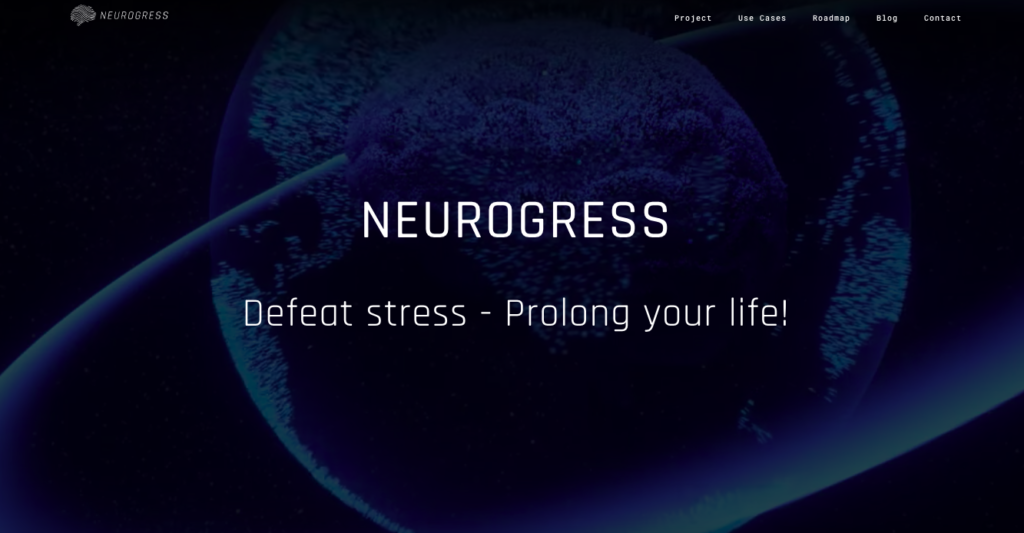
One of the companies that confirmed their desire to use the blockchain technology to store the human brain activity data is Neurogress. Registered in Geneva and created in 2017, this company is keen on construction of neural control systems which will allow all of its users to control the machines, drones or AR/VR devices through the power of their mind. The Neuroregress system is focused on the usage of machine learning that is used in order to improve the ability to read the brains activity. Huge amounts of data about the neural activity is required to train the AI to use the system. The company defines the data with the usage of exabytes (1 exabyte = 1 billion gigabytes). Its no wonder the Neurogress will use blockchain as it allows the safety and privacy for data in large quantities.
Thanks to the ability to register the data of the user in decentralised blocks of chains is immune to manipulations and breaches. The system will allow the safety and confidentiality to its users because most of the suspicious activities are easily detectible. Simultaneously the usage of blockchain allows the Neurogress system to be open and accessible to its users.
Blockchain healthcare – the future of medical databases
The constant growth of medical sciences will bring much more data to process in the future. Quick processing of exchange between the facilities can become key in the improvement of the treatment process. Solutions which bring such a need will reduce the cost of procedures and the time needed to carry them out, they will reduce the usage of resources which are increasingly scarce. Additionally, the growing social awareness concerning the data and its protection will increase the need for the application of blockchain in the medical sector. As it offers an innovative look into the storage of data which assures its safety, reliability and quick exchange on the protocol level, it can become a solution that will let us both improve the existing methods and create newer, better ones.
Conclusion
To summarize, blockchain healthcare has the potential to transform the way patient data is stored and managed. Employing a secure, dependable, and decentralized approach for data aggregation, blockchain technology not only ensures patient privacy but also streamlines the exchange of information among hospitals and medical professionals. The MedRec system exemplifies this by empowering patients to control their data while preserving its confidentiality and consistency across various healthcare facilities. Moreover, applying blockchain technology to digitize brain data for neurological devices is another promising avenue being pursued by companies like Neurogress. In essence, blockchain healthcare offers promising solutions for data management and privacy concerns within the industry.
Want to know more about using the emerging technologies in medicine? Check out our article on AI in medice.
 en
en  pl
pl 




